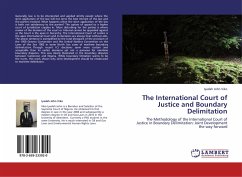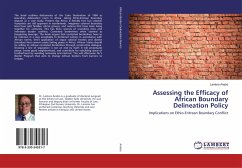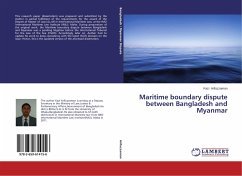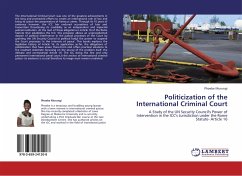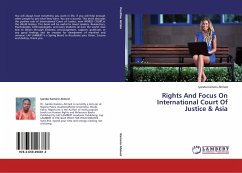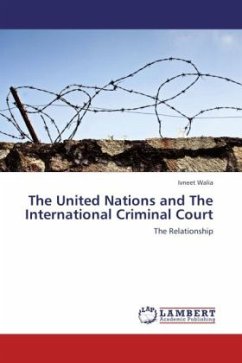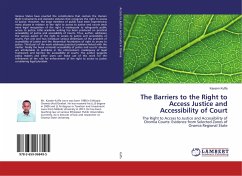Generally, law is to be interpreted and applied strictly except where the strict application of the law will not serve the best interest of the law and the parties involved. What happens when the strict application of the law is both not satisfactory to the parties? The option of appeal to a higher court of jurisdiction cripples in. More disturbing for the parties is where review of the decision of the court or tribunal cannot be appealed against as the Court is the apex in hierarchy. The International Court of Justice is the apex International Court and its decisions are always final without ado. The above sentence is exemplified by the total disregard of the provision of the 1958 Geneva Convention and the United Nations Convention on the Laws of the Sea 1982 in some North Sea cases of maritime boundary delimitation. Though recent ICJ decisions seem more certain and acceptable than its earlier decisions yet not a panacea for maritime boundary disputes. This was clearly illustrated in the boundary disputes between Cameroon and Nigeria. While boundary limitation seems to be the norm, this work shows why Joint Development should be emabraced to maritime delimitaion.
Bitte wählen Sie Ihr Anliegen aus.
Rechnungen
Retourenschein anfordern
Bestellstatus
Storno

